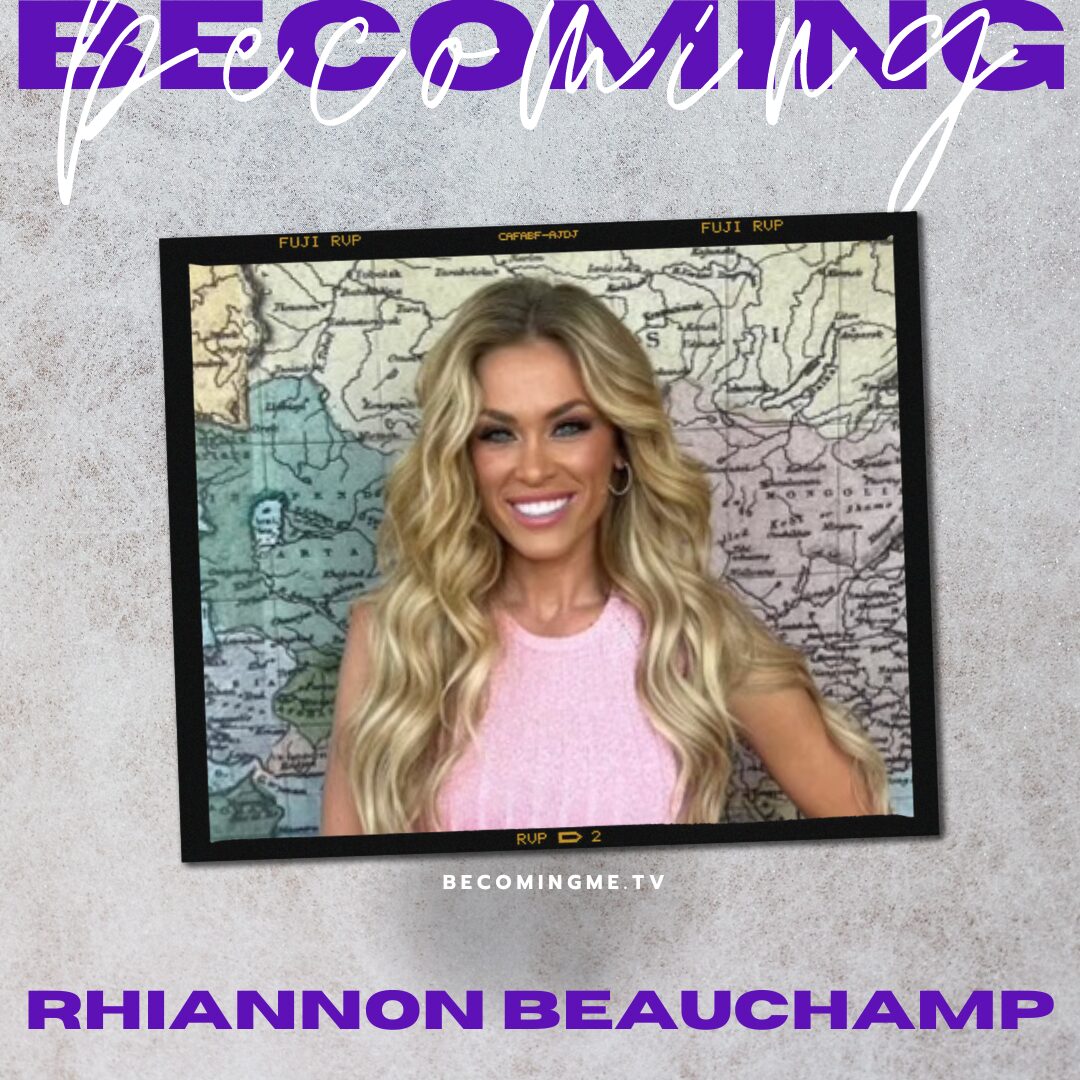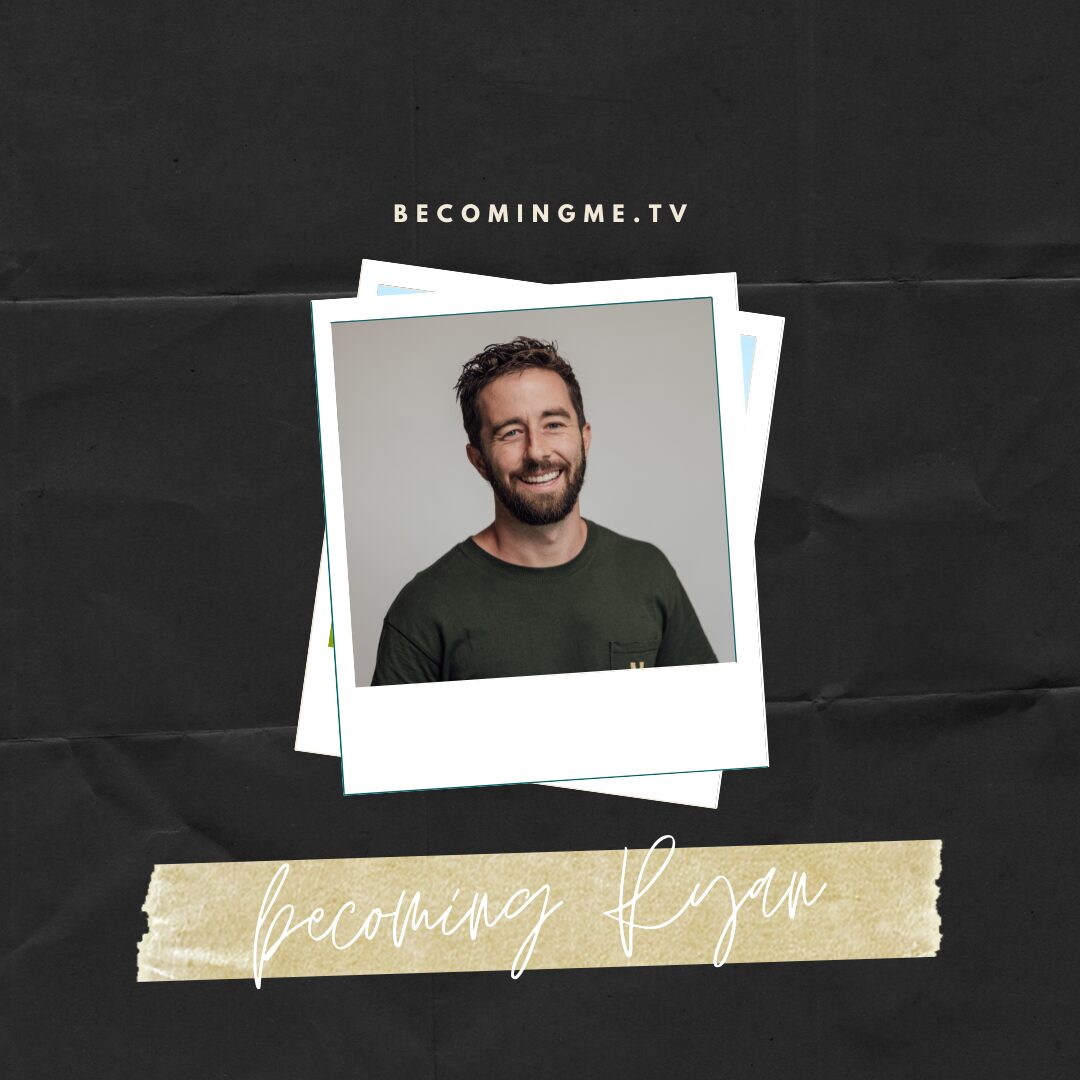I never imagined I’d be the girl stuck in an unsafe relationship, but if my life were a movie, viewers would have screamed at me to run the other direction the moment I met my first boyfriend.
The sad thing is, though I recognized that he wasn’t a safe person pretty quickly, I lacked the relational tools and emotional strength to get out. It took several months and a forced separation in order to free myself from the relationship. Even after our break-up he continued to push his way into my life for several years afterward. In fact, he tried to contact me again over a decade after I cut him out of my life!
It’s frighteningly easy to find ourselves in unsafe relationships, whether they’re romantic or platonic, if we aren’t aware of the patterns of our relationships. But if we can learn how to identify what it looks like to interact with safe people and if we can figure out what we’re looking for in a relationship ahead of time, it’s so much easier to avoid the unsafe people altogether.
To start, we need to ask ourselves what we’re looking for from our relationships. Are we hoping for another person to fix a previous painful situation? Are we wishing for someone to treat us a certain way to prove we’re worthy of love? If those or other unhealthy motives are the reasons we want to be involved in a relationship, we might be unsafe ourselves.
Take some time to examine your heart and your motives with God before getting involved in a relationship.
Next, we need to learn how to identify safe people versus unsafe people. All it takes is some observation and a bit of wisdom and knowledge. Safe people have characteristics in common; they encourage individuality and personal growth, are empathetic, own their thoughts and feelings, and aren’t threatened by differing opinions, among many other wonderful qualities.
Unsafe people, on the other hand, are the opposite of those things. They encourage “same-ness” with themselves and become jealous of people pursuing personal growth. They belittle or diminish our pain or the pain of others in their lives. They use fear, shame, guilt, or their feelings as weapons against us.
Sometimes it takes some time for these qualities to show up—that’s why it’s important to observe others long enough to identify patterns in their lives. If they leave a string of hurting people in their wake, or if people seem to avoid them, that’s a good clue that they may be unsafe people at that point in time!
If you’re already in a relationship and you feel sort of iffy about it, set up a date with a trusted friend or a counselor to talk about those thoughts and feelings. Ask for the opinions of trusted people, and listen to what they say.
Sometimes we may be in relationships that are just plain difficult, but not unsafe. Those may be opportunities to grow in grace, especially in cases of friendship or marriage, and that’s why we need the input of those trusted people and that’s why we need to pray for wisdom in each of our relationships.
If you’ve observed unsafe patterns and decide there is a need to get out of the relationship, clearly state that you are leaving the relationship, then cut off communication with the unsafe person. Ask for accountability from a trusted friend. With all the ways to stay connected, it’s really easy to keep going back for a peek into that person’s life, out of habit or just to see how they’re doing.
Resist the temptation. Do whatever it takes to cut ties with the unsafe person even if it means making a few sacrifices like changing your phone number or closing out a social media account. If your physical safety is danger, it’s not an overreaction to go to law enforcement.
It’s okay to be “mean” when leaving an unsafe relationship. In fact, if the relationship was previously one where you allowed yourself to stay silent and complicit, then it’s likely the unsafe person will object when you suddenly put appropriate boundaries in place. They may actually say you’re “mean” or use other cruel language. This isn’t true! Being firm and sticking to appropriate boundaries are not the same as being unkind or hurtful.
Finally, persevere. Unsafe people will often continue looking for ways to insert themselves back into our lives, especially if we’ve given into them before. It’s scary when we strip unsafe or abusive people of their power because they’re used to holding it over us. They will react to our choices, usually in negative ways. But if we stay consistent in our efforts to cut ties with unsafe people, they will eventually move on most of the time.
Stay strong. Remain resolute. Surround yourself with safe people.
You and your bright future are worth it!


